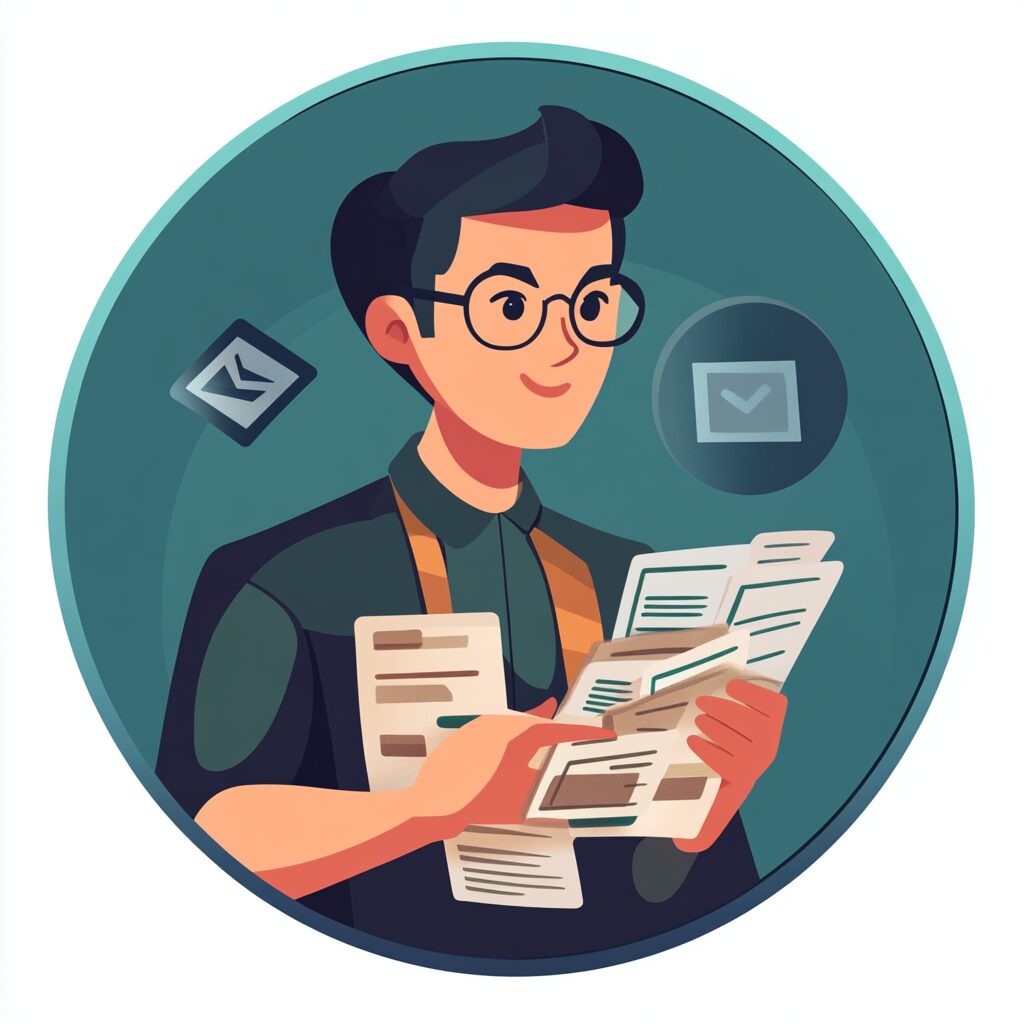What are Some Common Self Assessment Questions Answered
Every year, millions of people across the UK complete a Self Assessment tax return. For some, the process is routine, but for many others, it raises a lot of uncertainty. If you are new to Self Assessment or want clarity on the rules, I will provide some common Self Assessment questions answered in simple, straightforward terms.
What Is Self Assessment?
Self Assessment is HMRC’s system for collecting Income Tax from individuals whose income is not taxed automatically at source. Employees normally have tax deducted through PAYE, but those who are self-employed, landlords, or have additional income must report their earnings directly to HMRC.
More technical guidance can be found in the HMRC manuals.
Who Needs to Complete a Self Assessment Tax Return?
You must usually complete a Self Assessment if:
- You are self-employed and earned more than £1,000 in the last tax year.
- You are in a business partnership.
- You receive income from renting property.
- You earn savings or investment income above the allowances.
- You have foreign income taxable in the UK.
- You are a higher-rate taxpayer with income not taxed at source.
If you are unsure, you can check using the official HMRC income tax guidance or seek professional advice.
When Do I Need to Register?
You must register for Self Assessment by 5 October following the end of the tax year in which you earned taxable income. For example, if you started freelancing in June 2024, you must register by 5 October 2025.
What Are the Filing Deadlines?
HMRC sets strict deadlines:
- 31 October – paper returns deadline
- 31 January – online returns and payment deadline
If you miss these, HMRC applies penalties. Filing early reduces the risk of last-minute errors.
What Happens If I Miss the Deadline?
If you miss the filing date, HMRC issues an automatic £100 penalty, even if you do not owe any tax. Further penalties increase the longer the return remains outstanding. Interest is also added to late payments.
HMRC may cancel penalties if you have a reasonable excuse, such as illness or technical problems, but you must file as soon as possible afterwards.
What Records Do I Need to Keep?
You must keep accurate records of income and expenses to support your return. Examples include:
- Invoices and receipts
- Bank statements
- Records of expenses such as travel or office costs
- Rental income statements if you let property
HMRC expects records to be kept for at least five years after the 31 January deadline. Many sole traders use bookkeeping services to stay organised.
Can I Claim Expenses?
Yes. If you are self-employed, you can deduct allowable expenses to reduce your taxable income. Examples include:
- Travel and mileage for business purposes
- Marketing and advertising
- Equipment and office supplies
- A proportion of household bills if you work from home
Claiming expenses correctly ensures you do not pay more tax than necessary. Professional accounting services help you identify all legitimate deductions.
What Is Payment on Account?
If your tax bill is more than £1,000, HMRC usually asks you to make advance payments for the following year. These are called payments on account and are due in January and July.
Many people are caught out by this in their first year. Planning ahead avoids cash flow problems.
How Do I Submit a Tax Return?
You can submit online using your HMRC account. You’ll need your Unique Taxpayer Reference (UTR) and Government Gateway login. The process involves entering details of your income, expenses, and allowances.
For accuracy and peace of mind, many people prefer professional support with tax returns.
Can I Get Help with Self Assessment in Kent?
Yes. At TRW Accountants, we help clients across Kent with all aspects of Self Assessment, from registration to filing. We ensure your return is accurate, deadlines are met, and all allowable expenses are claimed. Our team also provides year-round advice to reduce tax liabilities and support business growth.
Those comparing local accountants often find that building a long-term relationship with a trusted firm ensures reliable support every year.
Conclusion
Filing a tax return can be straightforward when you know what is required. By keeping good records, filing on time, and seeking advice where needed, you can avoid penalties and make the most of available allowances.
If you have further questions after reading these common Self Assessment questions answered, you can contact us at TRW Accountants. Our team provides practical, local support to make the process easier and stress-free.

